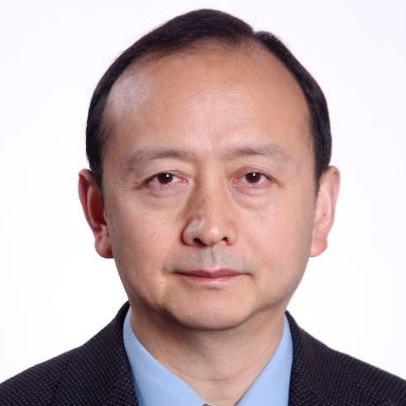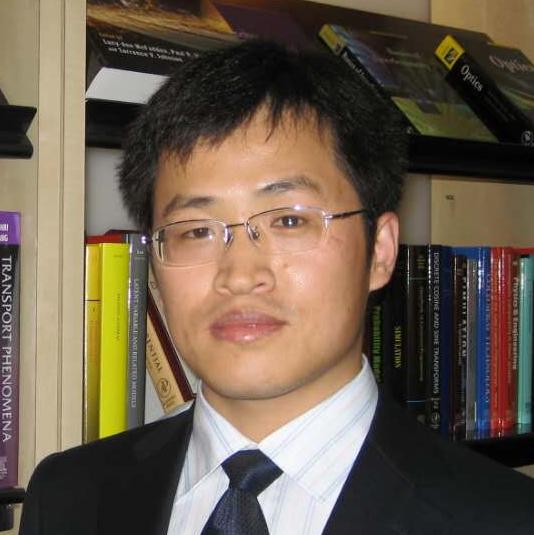In a lengthy interview with Sputnik in February, Syria’s Ambassador to China Imad Moustapha said that China has boosted its official and diplomatic engagement in the Syrian crisis and Damascus believed Beijing could play a constructive role in the Syrian settlement and act as an important balancing factor.
China’s involvement in Syria is not rhetorical. China exercised its veto six times in the UN Security Council on Syrian issues. This is extremely rare given its past record of preferring abstention rather than veto to express disapproval. China sent a special envoy to Syria and received Syrian opposition leaders in Beijing. Both the Chinese government and the Chinese military have provided humanitarian aid to Syria. In 2014, the Chinese and Russian navies jointly escorted the chemical weapons of Syria beyond Syrian territorial waters for demolition.
Such holistic involvement in Syria that combines political, economic, diplomatic and even military elements is particularly interesting in that, unlike elsewhere in the Middle East where China has enormous interests such as trade, investment or oil imports, China has no serious stakes in the war-torn country. In Syria, China acts more out of responsibilities than interests. Although 80% of Syria’s foreign trade is with China, it is marginal if compared with China’s trade volume in the Middle East. China has made it clear that it won’t give any preferential support to any parties including the Syrian government, and Beijing would take a positive and open-minded attitude towards any political solutions so long as they can be accepted by all Syrian parties.
The most important questions of the world today are associated with China: Is China a positive element in world order? Will China play a leadership role in an era of globalization? How can China use its military strength to safeguard world peace?
There is little doubt about China being a positive element in the world order. China doesn’t talk about “establishing a new international political and economic order”; it is no longer shy to admit it is a beneficiary of globalization. Instead, it declares that China is a firm guardian of the current international order. In the international arena, no initiatives embrace the world with more vision and audacity than China’s One Belt & One Road. No matter how ambitious these trans-continental belt and road overtures might seem, they are down-to-earth in that they aim to address the most fundamental question in any nation’s economy – infrastructure. All the more, it is an arena of fair play in which China is not only a giver, but also a receiver.
Can China lead at a time of American isolationism? It is understood that the world, disappointed with Trump’s nationalist and populist tone of “America first”, would look up to China for kind of leadership. To some extent, China’s role in the world is a bit like that of Germany in Europe. Both are asked to lead, but neither is well-prepared. China maintains that it is still a developing country given its huge population, and that it will fulfill its global responsibilities that are commensurate with its national strength. Nobody challenges that, but it is also true that China is the second-largest economy in the world. Although China’s economy has slowed down, it is still the engine of global economy.
There is a straw in the wind. Zhang Jun, director general of the Chinese Foreign Ministry’s international economics department, made quite a stir in international media when he said in January that “it is not China rushing to the front, but rather, the front runners have stepped back, leaving the place to China”.
Chinese military operations overseas so far are invariably humanitarian in nature, be it disaster relief, peacekeeping, counter-piracy or evacuation of personnel. This is the result of careful choice rather than coincidence. In so doing, China distances itself somewhat from America and Russia. Both of them have a penchant for using force, albeit for different reasons.
Since the end of the Cold War, the US and its allies have been involved in wars one after another. Such abuse of force hasn’t resolved problems but has instead created humanitarian disasters, collapse of regional order and the decline of the US and the west as a whole. Russia is a different story, but it, too, becomes apparently more dependent on nuclear weapons and is inclined to use of force in maintaining its interests and sphere of influence.
By contrast, China is the only power that, in spite of its ever-growing national strength, has been cautious in using military muscle except in one area – peacekeeping. China currently has over 2,500 peacekeepers deployed around the world. This, plus its 8,000 standby peacekeeping force, will make China the largest peacekeeping contributor in the world. Peacekeeping is truly becoming a military area where China can lead. This is also an area, probably the only area, in which no other permanent members of the UN Security Council wish to compete with China. On the contrary, they wish to cooperate. At the Hangzhou summit in 2016, President Xi Jinping and President Barack Obama committed to make joint efforts to help African countries to build capacity for peacekeeping.
Many expect China will overtake the US as the world’s largest economy, the only question is when. Given China’s fast military buildup, it looks quite possible that by the mid-21st century, China will eventually realize the military modernization it has long aspired to achieve. If indeed great power means great responsibilities, then China has to shoulder more international responsibilities even in places where it has no obvious self-interest. China’s positive and all-round approach to the Syrian issue gives a clue about how a stronger China might act in the days to come.



